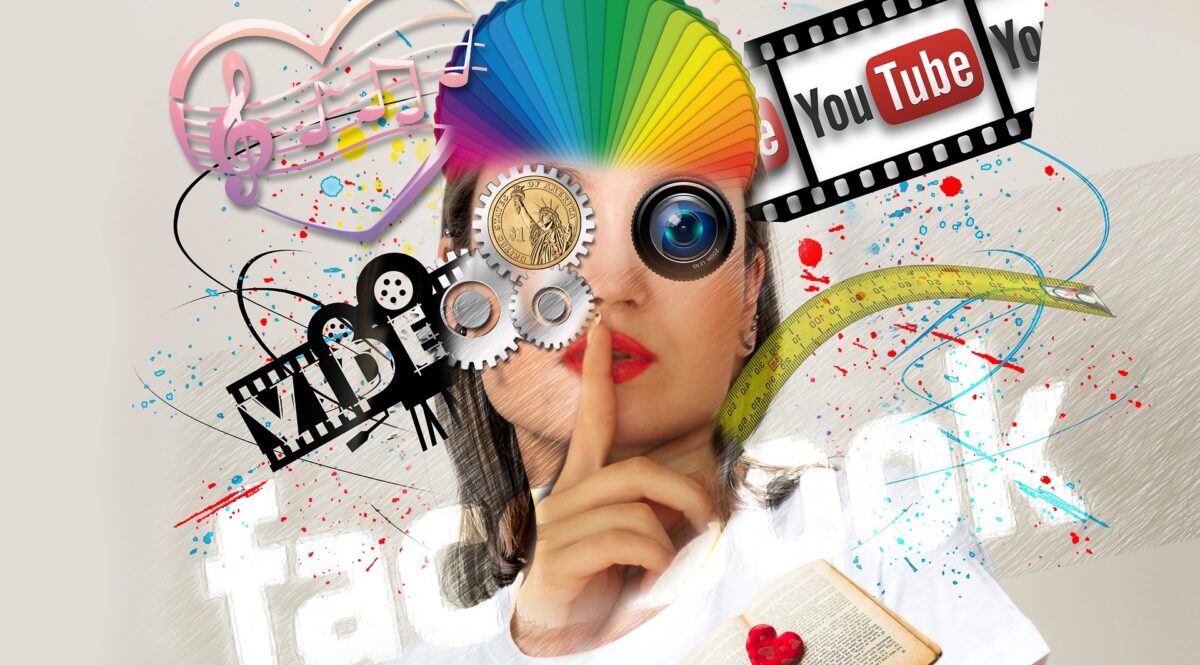The biggest problem of social networks is the social networks themselves. At the beginning of the century, in the 2000s, on platforms where users generated content (User Generated Content), everything was moderated manually.
There were forum moderators, admins, who did such work mainly out of pure enthusiasm. The content produced was not much. After all, a few percent of the population was even on the net.
Even large platforms were able to resolve unacceptable content issues through either volunteer moderators or a handful of staff.
Of course, there were regular mega-clumsy cases. In 2004, for example, a riot between an American user on LiveJournal and an angry Russian-speaking mob even sparked the development and spread of Internet jargon. But in any case, the relations on the platforms were somehow settled with minimal casualties.
But already at the end of the 2000s, a lot started to change. The biggest thing that turned the situation around irreversibly was the number of people. The number of users on social networks, and using the Internet in general, became unbearably large. We were already talking about hundreds of millions and billions.
At the end of the 2000s, the system began to crack. One example of this was Yandex blogging top list. For many years there was a system that searched all the blog platforms, found the most influential posts and made a top parade from them, which was updated every half hour.
But the increase in the number of people led to manipulations, and Yandex closed the top list in November 2009, turning the page on the decade and a historical page.
The 2000s started what was hard to imagine. Half of humanity had entered the Internet and started to produce indescribable amounts of content on social networks. In 2014 alone, people took about a trillion photos. And now even counting will be difficult.
All this indescribable amount of information started flooding social networks. Moreover, the number of social networks started to decrease over time. If ten years ago the map of the most popular social networks in every country contained several dozen names, now the map legend is very poor.
Each of today’s most popular social networks has an audience of hundreds of millions to billions. And all that must be moderated. Because many of those hundreds of millions are drunk, high, crazy, exhausted, wasted, weird and so on. And many prefer other forms of communication.
And all this must be moderated, because otherwise, it won’t turn out well, not to mention that many laws of many countries would be violated.
Social networks are trying to hire thousands of moderators, to turn on artificial intelligence. But either way: each post should be carefully considered, taking into account local customs, possible expressions of humor, typos, metaphors, and a thousand other details. Which neither moderators nor non-artificial intelligence will be able to do when it comes to thousands of dialects, cultures and countries.
Since Facebook is not able to moderate about three billion people, that is why we regularly see posts that this or that friend of ours has been blocked for some incomprehensible reason, and often even for no reason.
And this does not refer only to Facebook. There are such problems everywhere. Probably the only platform where almost nothing is moderated is Telegram. There you meet opposite extremes: from drugs to horrible pictures and videos.
In any case, it is obvious that the platforms do not withstand quantitative and qualitative pressure.
And every day we encounter absurd blockages or censorship-like manifestations. It is clear that this cannot continue for long. People will soon start looking for more free platforms. There are people who are already searching.
Facebook is trying to change the situation qualitatively, creating a so-called Facebook Oversight Board, which consists of experienced professionals. They try to review more important or precedent cases.
But for obvious reasons, the choice of such cases can be biased in itself.
Recently, it was decided that users can already apply to the council with cases concerning them. This, of course, is an unprecedented approach. On April 13, 2021, Facebook announced that individuals can already apply to the council. You need to log in with your Facebook or Instagram account and start the application process.
The question remains how long this system will last, taking into account the number of possible complaints.
In any case, it is clear that social networks must listen to the voice of individuals. Otherwise, it won’t end well.
Samvel Martirosyan







